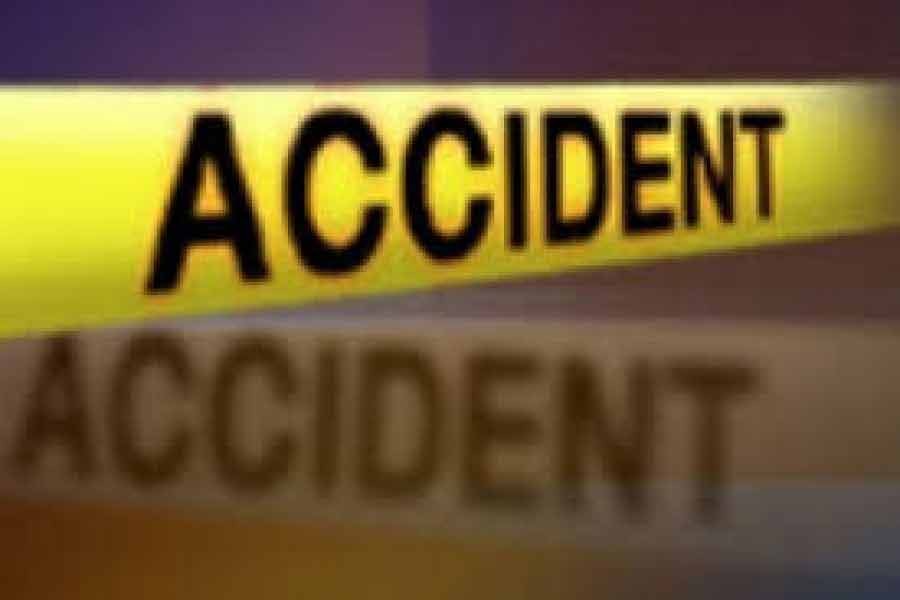With the very mention of the term 'accidents', the view which flashes on the minds of the general people is that of a road mishap. It has been defined for long as one of the common trends of people in this country. Thanks to the nearly non-stop occurrence of road accidents, most of the people cannot think otherwise. They hardly bother to think that the collision of two launches and motorboats also belongs to accidents, leave alone deaths of people from stampedes, fall from the roof of a high-rise building or people dying on being crushed under heavy objects. Those range from a construction girder falling from a crane wrongly operated by a rookie mechanic; these accidents may involve a near-dead branch of a century-old tree, or a tree itself. Dozens die or get severely injured in this city upon stepping into open sewer pits gaping in poorly lit roads.
Apart from one falling from a speeding, crowded bus in a race with others, or those hit by vehicles with a reckless driver at the wheel, many in this city die while jaywalking. Even those carefully crossing a road after ensuring that there was no chance of being hit by a madly rushing transport are also not spared. Many would like to call these mishaps, if they lead to death, just acts of killing caused by criminal negligence. This negligence is behind many other so-called accidents.
To speak without mincing words, the agents of sudden death have been active in Dhaka since the city began to be called a metropolis. The city authorities may have taken a leisurely stance on the increasing mishaps not even remotely linked to roads and traffic movement. In cases of public uproar over mass-scale deaths in incidents with no relations to rash driving or sloppy traffic signalling, they might view these disasters stoically. They seem to be telling the grieving people: a fast growing metropolis cannot avoid being helpless victim of these catastrophes. What an excuse to justify ones' shirking of responsibility! The presumed bid to dodge responsibility to serve people instantly bring to the mind three massive blazes in greater Dhaka in a little more than one decade.
Nearly 300 innocent factory workers and general people died in these recent massive fires in Dhaka. Of the three, two blazes were sparked by clandestine and prohibited trading in combustible substances at two separate venues in the city's older part. They are located in Neemtoli and Chawkbazar. The first blaze occurred in 2010. The third blaze far from the city heart ripped through a large juice factory, killing 52 workers and employees in 2021. The so-called accidents are not limited to dreadful and disastrous fires. The infamous Rana Plaza collapse on a city suburb still defies all forms of credulity. Men of conscience still feel stunned at the ploys and lame excuses the 9-storey factory's owners proffered regarding the causes of the building collapse in 2013. Termed one of the world's worst industrial accidents, the man-made calamitous incident killed around 1,100 people. Most of them were RMG workers, who were trapped inside the building.
Road accidents happen without prior notice unless they are premeditated. Almost the same goes with small and large accidents in the non-traffic sector that include areas related to industry and civic life. Unlike the road mishaps, these sectors are found involved in irregularities which have been seen endangering the people's lives, and causing many hindrances to their smooth movement. It simply can't go on indefinitely.


